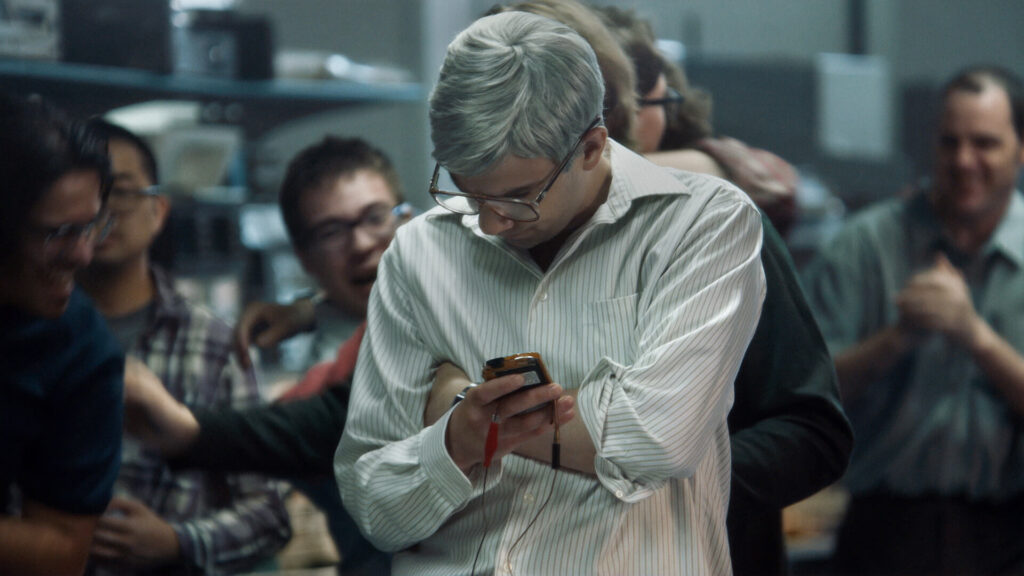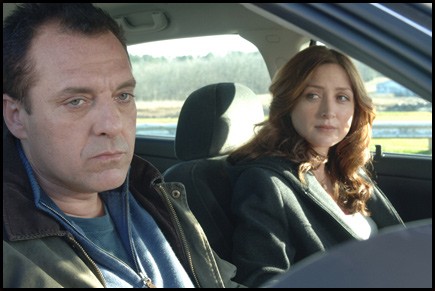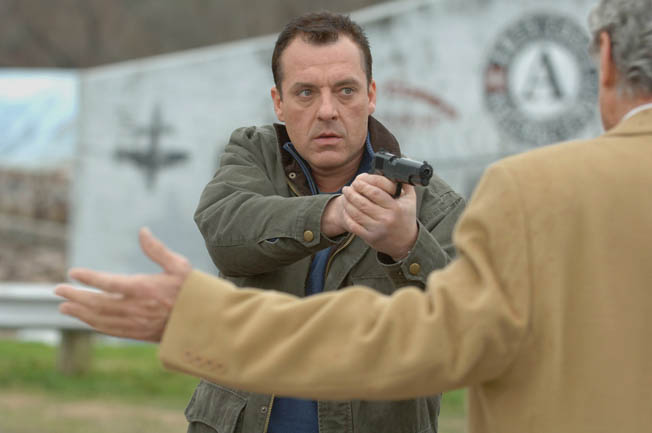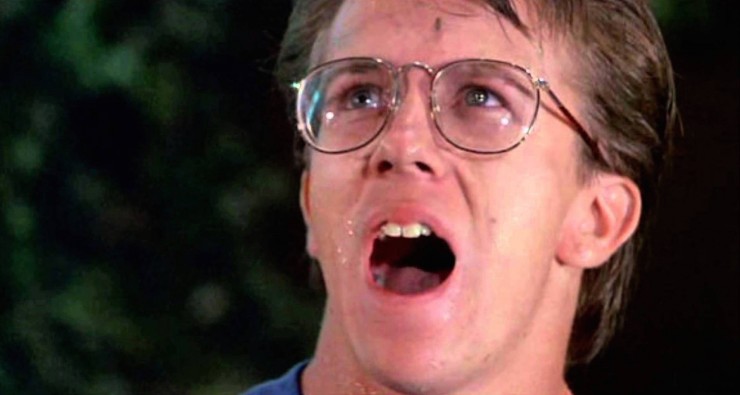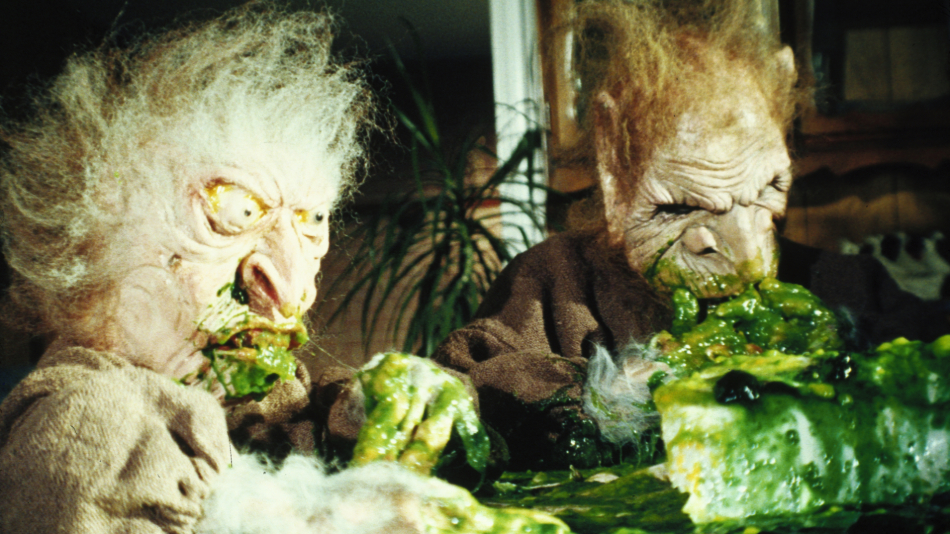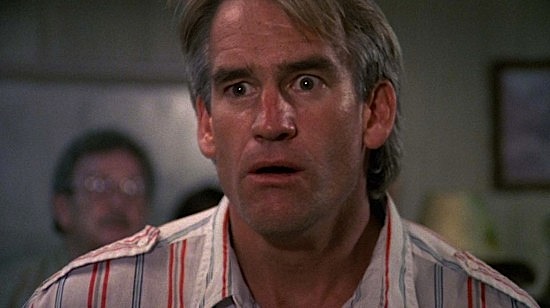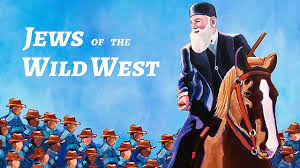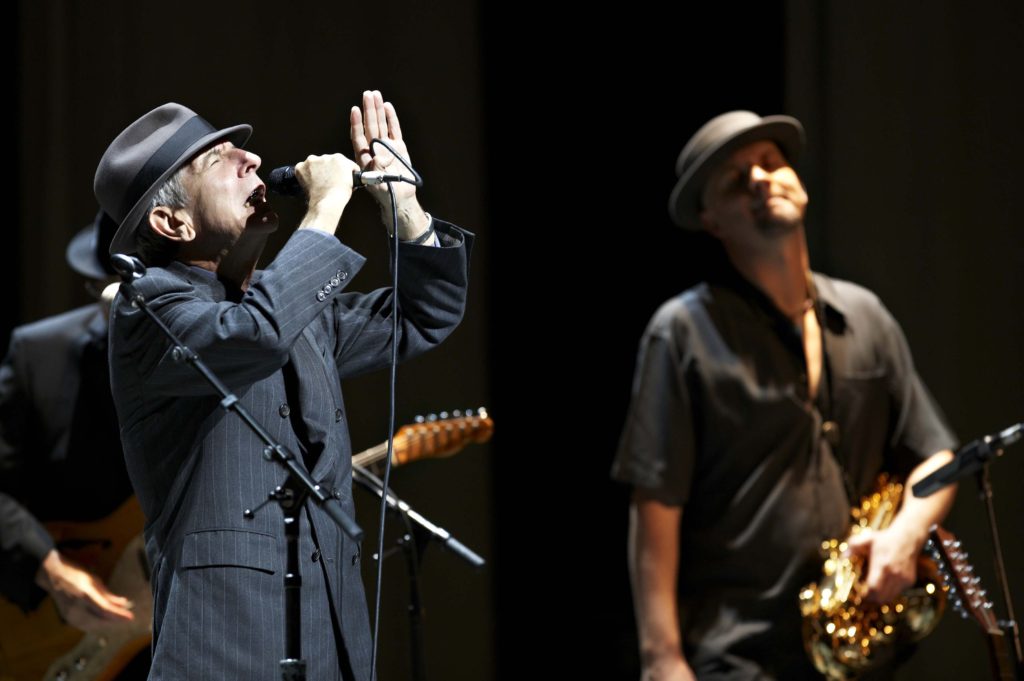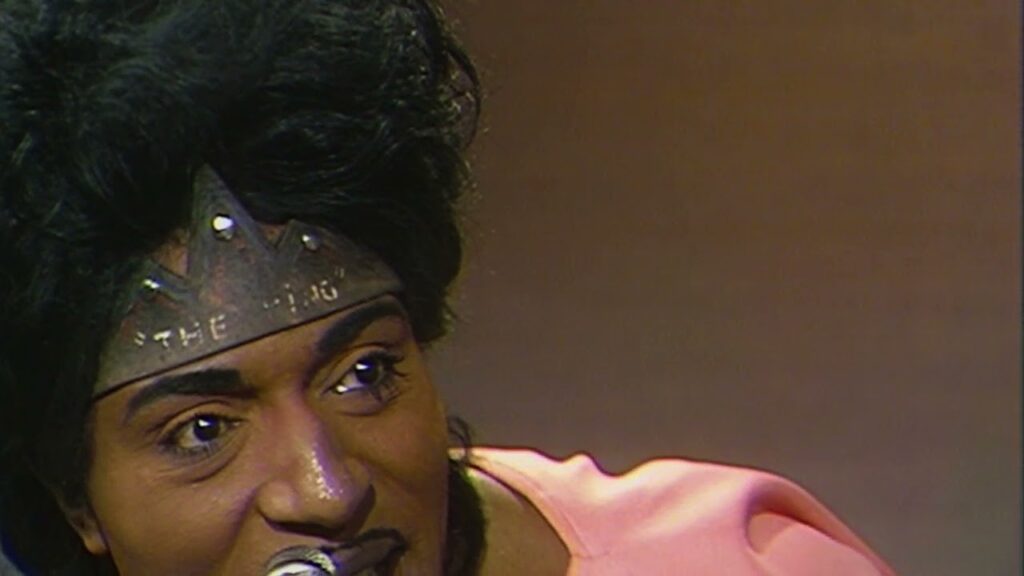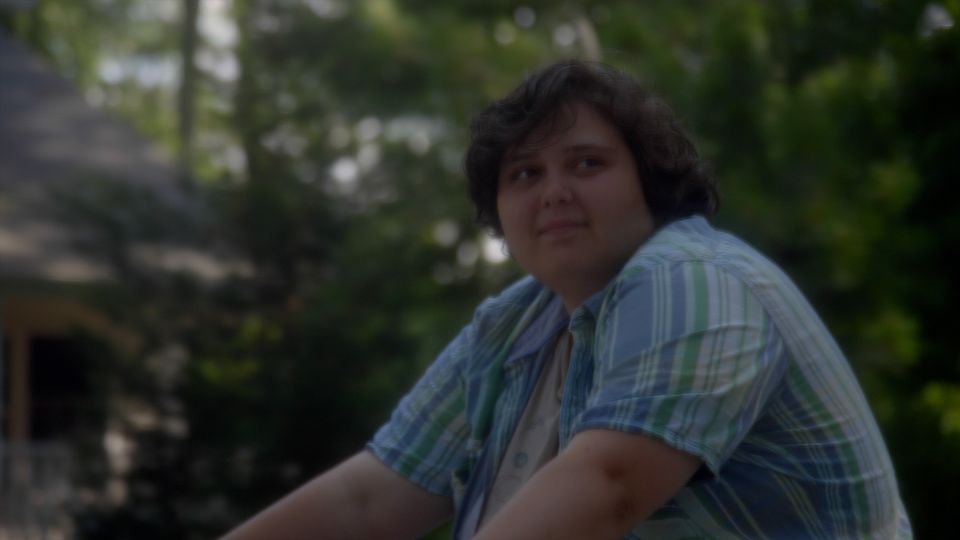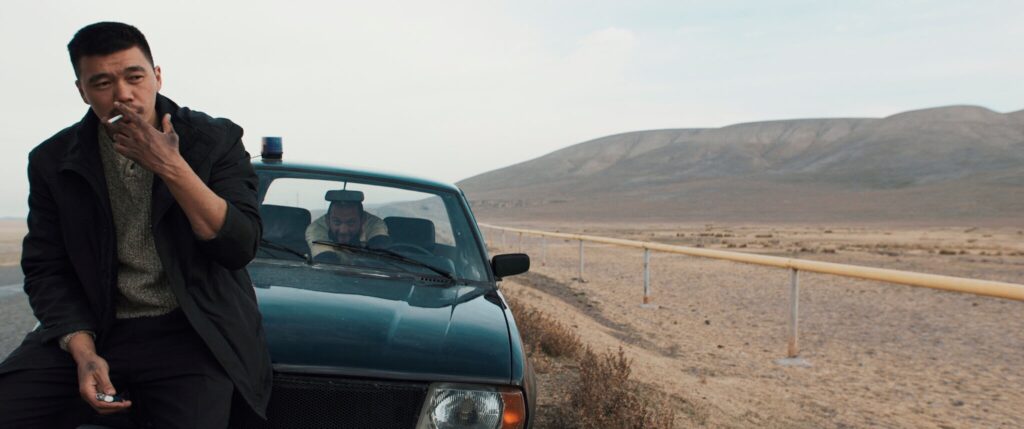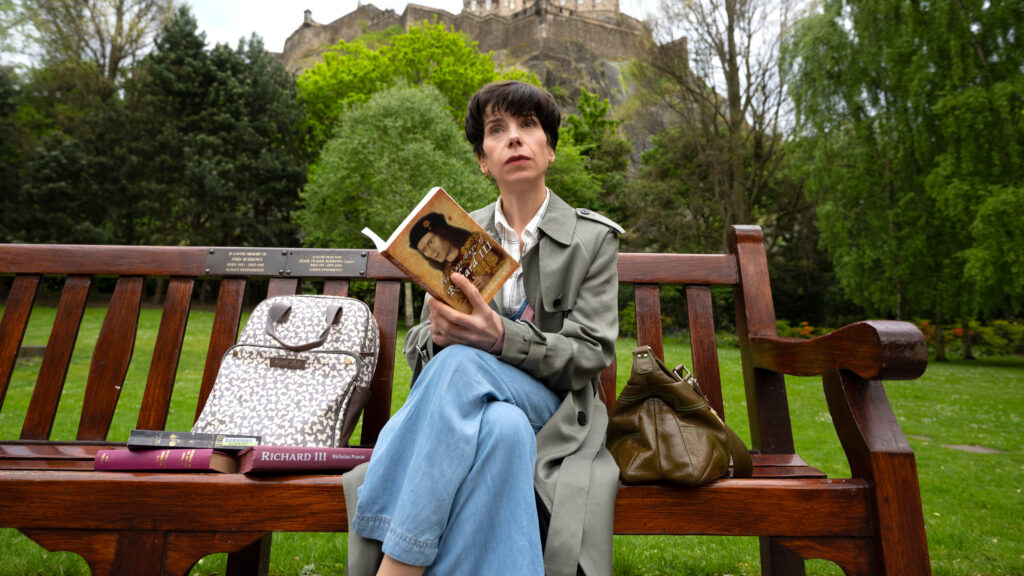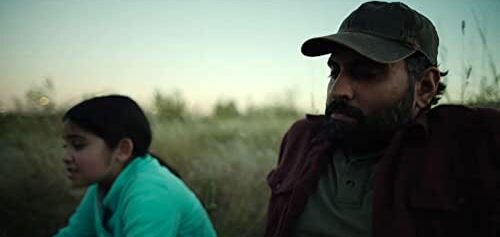
In the indie drama Land of Gold, Kiran (Nardeep Khurmi, also the film’s writer and director) is a Punjabi truck driver in Southern California who is mere days away from becoming a father for the first time – and he’s panicking. To the dismay of his wife, he decides to take on a long haul to the East Coast (and risks not being present for the birth). Of course, he’s really running away from the pressure. Part way across the country, he discovers that there’s a stowaway in his truck – a ten-year-old girl, whom he deduces is undocumented.
Kiran’s family are also immigrants, so he understands that presenting her to the authorities would have consequences. It turns out that she is on the run, too, but toward a family connection. The two continue their road trip, and Kiran learns enough from her to address his personal crisis.
The girl is played by Caroline Valencia, and she’s exceptional. Khurmi’s screenplay handles the kindling of their relationship and the girl’s determination adeptly and with authenticity.
Land of Gold is certainly not a bad movie, but it didn’t engage me when Caroline Valencia was off-screen. That’s because I never bought into Kiran’s own angst.
I screened Land of Gold for the SLO Film Fest, where it won the audience award for Best Narrative Feature. It begins streaming on HBO on May 15th.

